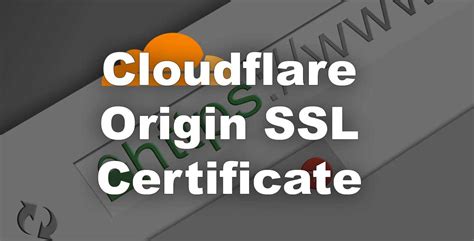In the realm of web security, one of the perennial concerns for domain owners is the issuance and management of SSL certificates. Recently, there has been a growing alarm amongst the tech community about Cloudflare automatically issuing year-long SSL certificates for domains, a move that many website owners find both convenient and unnerving. When such a certificate is no longer needed or incorrectly issued, the process to revoke it can become a quagmire of bureaucratic red tape, causing significant frustration for users.
The frustrations aren’t unwarranted. One domain owner, after discovering unauthorized certificates issued by Cloudflare for their domain, tried to contact the certificate authority (CA), Digicert. Initially optimistic with Digicert’s quick response, the situation rapidly descended into a circular ordeal as Digicert redirected the user back to Cloudflare’s abuse report form, hitting a metaphorical wall. The absence of an urgent security threat, coupled with the certificates’ one-year validity, underscored the cumbersome nature of withdrawing these certificates once authorized.
This brings up a fundamental question: why is it so hard to revoke these certificates? The answer lies partly in the structure and mechanisms of SSL certificate management. Typically, revocation requests are guided by OCSP (Online Certificate Status Protocol) and CRLs (Certificate Revocation Lists). However, not all browsers and clients strictly adhere to these protocols, which further complicates the revocation process. Google Chrome, for example, relies more on CRLsets, whereas Firefox does check for revocations via OCSP. This inconsistency leaves a gap in uniform security enforcement across different platforms.
Moreover, the integration between DNS providers and services like Cloudflare complicates matters. Many users may not realize that when they utilize a registrar like Porkbun, which possibly resells Cloudflare services, Cloudflare might automatically issue certificates to facilitate HTTPS. This automatic issuance, albeit aim to improve user experience, often leads to unexpected certificates being created when there might be no immediate or apparent need for them. It’s important to know whether your DNS provider partners with such services and what that entails for your domain management. This demands transparency from both small DNS providers and large security firms, to inform users upfront about potential automatic certificate issuances.
Another key issue is the lack of user control over these certificates. Users have complained about the inability to revoke these certificates or automate their revocation process. For a detailed process, Cloudflare could adopt easier revocation mechanisms similar to Let’s Encrypt, which provides an API for certificate revocation. While it might seem like a minor add-on, having the ability to control and revoke certificates ensures added security, especially if domain ownership or needs change.
For developers and website owners, understanding these complexities is crucial. It’s recommended to ask the following questions before choosing a DNS provider or integrating with third-party services: Does the service automatically issue SSL certificates? Can these certificates be easily managed or revoked? What mechanisms are in place for certificate transparency and revocation? Answers to these questions can help mitigate risks and ensure that you maintain the control necessary to secure your domain. In the end, while services like Cloudflare provide immense value and convenience, vigilance and comprehensive understanding of the nuances involved are essential to safeguard against potential risks.


Leave a Reply